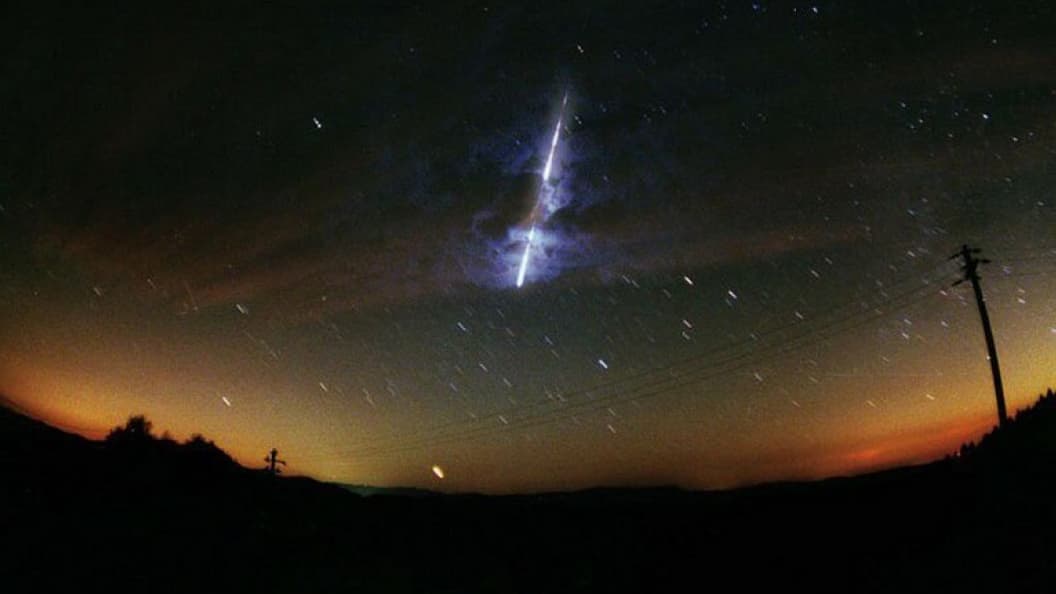
The US Department of Defense has confirmed the work of two researchers after the fall of a meteorite off the coast of Papua New Guinea.
An interstellar journey that ended on the blue planet. Researchers associated with the US military have discovered that a meteorite that hit Earth a few years ago came from another solar system, reports CNN†
The object, known by the scientific name CNEOS 2014-01-08, crashed on the northeast coast of Papua New Guinea on January 8, 2014. A surprising discovery for Amir Siraj who had identified the meteorite as interstellar as early as 2019 in a study co-authored with Abraham Loeb, another researcher from Harvard University.
An object moving at 60 kilometers per second
About 45 centimeters in diameter, the object traversed the solar system at a considerable speed, at 60 kilometers per second. At such a high speed, the researchers therefore wanted to follow the course of the meteorite and found that it did not revolve around the sun but came from outside our solar system.
“It may have been created by another star, was ejected from the same star’s system before arriving in our solar system and collided with Earth,” explains Amir Siraj.
Research confirmed by the Ministry of Defence
The two men’s research could never have been published because it came from a NASA database that does not contain all the information necessary for publication in a scientific journal.
It is only very recently, via a statement from the US Department of Defense, that authorities have confirmed that the meteorite’s estimated speed is “accurate enough to indicate an interstellar trajectory.”
“I thought we would never know the true nature of this meteorite. […] Seeing this letter from the Ministry of Defense with my own eyes was an incredible moment,” Amir Siraj told CNN.
However, the researcher does not intend to stop there and hopes to lead a team to try to find part of this meteorite that resides in the depths of the Pacific Ocean. A project that Amir Siraj knows is insane, which doesn’t stop him from thinking that the discovery of this meteorite would make it possible to better know what is beyond our solar system.



